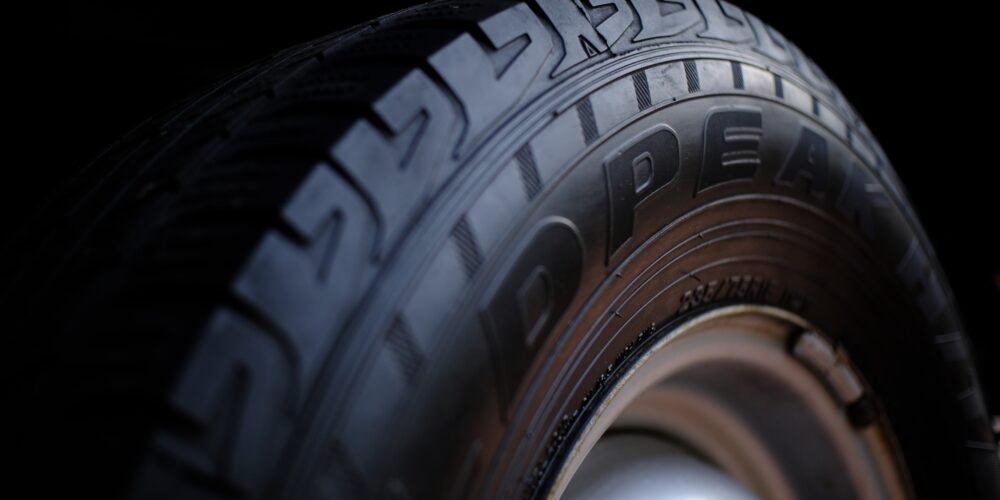The tyres on your vehicle are undoubtedly the most important part of the driving experience. Even with a working engine and fully functional car, you wouldn’t get very far without tyres! Our tyres can go through a lot, but wear and tear can build up over time, particularly if you don’t look after them properly, and lead to expensive replacements more regularly than you might expect. However, with the right maintenance and care, you can improve the longevity of your tyres and get more miles out of your wheels – here’s what you need to do.
Tyre Pressure
Tyre pressure is undoubtedly one of the key things we’re taught to monitor when learning general car maintenance. Keeping on top of the pressure for your car’s tyres will help prevent damage not just on your wheels, but in the car itself. When your tyres lose pressure naturally over time, left unchecked, this can damage the wheels, increase fuel consumption, and even create a higher risk of accidents due to reduced control and braking effectiveness. Even overinflating your tyres can cause damage, by causing faster wear in the centre of the tyre and increasing their risk of failure. It can reduce the traction on the ground and create a heightened risk of accidents.
Checking your tyre pressure regularly and adjusting it according to the advised pressure in your manufacturer’s handbook will ensure that your tyres stand the best chance at supporting your drive without risking excessive or premature wear.
Tread Depth
The legal minimum for tyre tread depth is 1.6mm but all advice points towards making sure your tyres are far above that and replaced long before they reach the minimum. Tyre that have worn down to their minimum or close are less likely to provide you with the safety you need while out driving. Low tread depth means less grip and traction on the road, a higher chance of flats and your braking distance can suffer considerably. You can also be more prone to slipping on ice or aquaplaning when the roads are wet. You can check the tread depth of your tyres by either looking for the wear bars on the tyres, or you can use a tread depth gauge for a more accurate reading.
Wheel Alignment
Wheel alignment isn’t something that you might always consider when it comes to the maintenance of your car, but checking the alignment is just as crucial as any other maintenance task for your car. Misaligned wheels can wreak havoc on your tyres, creating uneven wear on the treat and can compromise their performance overall. You also run risk of increased fuel consumption and less effective acceleration, braking and steering control. If you’ve hit a particularly harsh pothole, curb or even speed bump lately, it might be time to get your wheel alignment checked.
Overloading Your Vehicle
Every vehicle has a weight limit for what you can carry in the car before harm can come to it’s components, and you can usually find this in the handbook. But alongside the car, your tyres will also have a maximum weight limit, also known as the load index number. This is usually found on the tyres sidewall and will tell you what you can safely load your car with before the tyres suffer from the weight. If you overload your vehicle, your tyres run the risk of wearing down faster, the sidewall becoming weaker or may even become less effective at braking, accelerating and gripping the road while out driving.
Bad Driving Habits
Everyone has the occasional bad driving habits, but some habits can really cause trouble when it comes to our tyres. We’re not talking about skidding and drifting here, though they can certainly wreak havoc – instead, we’re talking about some habits you might not even be aware that you’re doing. Some habits that could be causing damage or premature wear to your tyres include:
- Mounting curbs
- Stop-Start heavy traffic
- Going over speed bumps too fast
- Accelerating too fast
- Braking too suddenly
- Driving over potholes
- Driving on uneven road surfaces regularly
- Dragging on your brakes downhill
If your tyres are in need of a check, we are on hand to help. Our team here at Service4Service are well-versed in vehicle maintenance and can run full diagnostics to ensure that your vehicle is in good working order, providing repairs and replacements as needed. Simply get in touch with a member of our team for more information, today.

